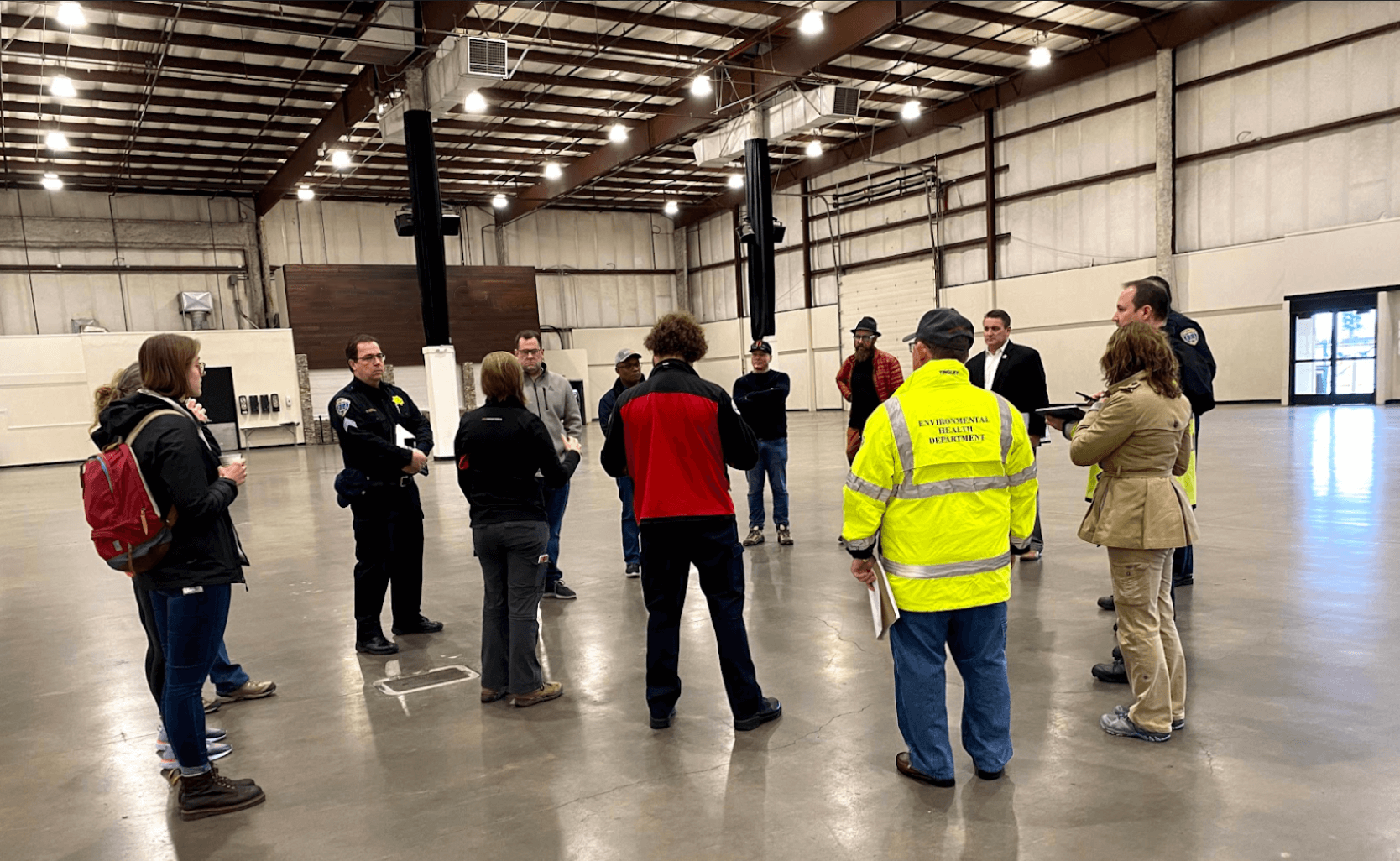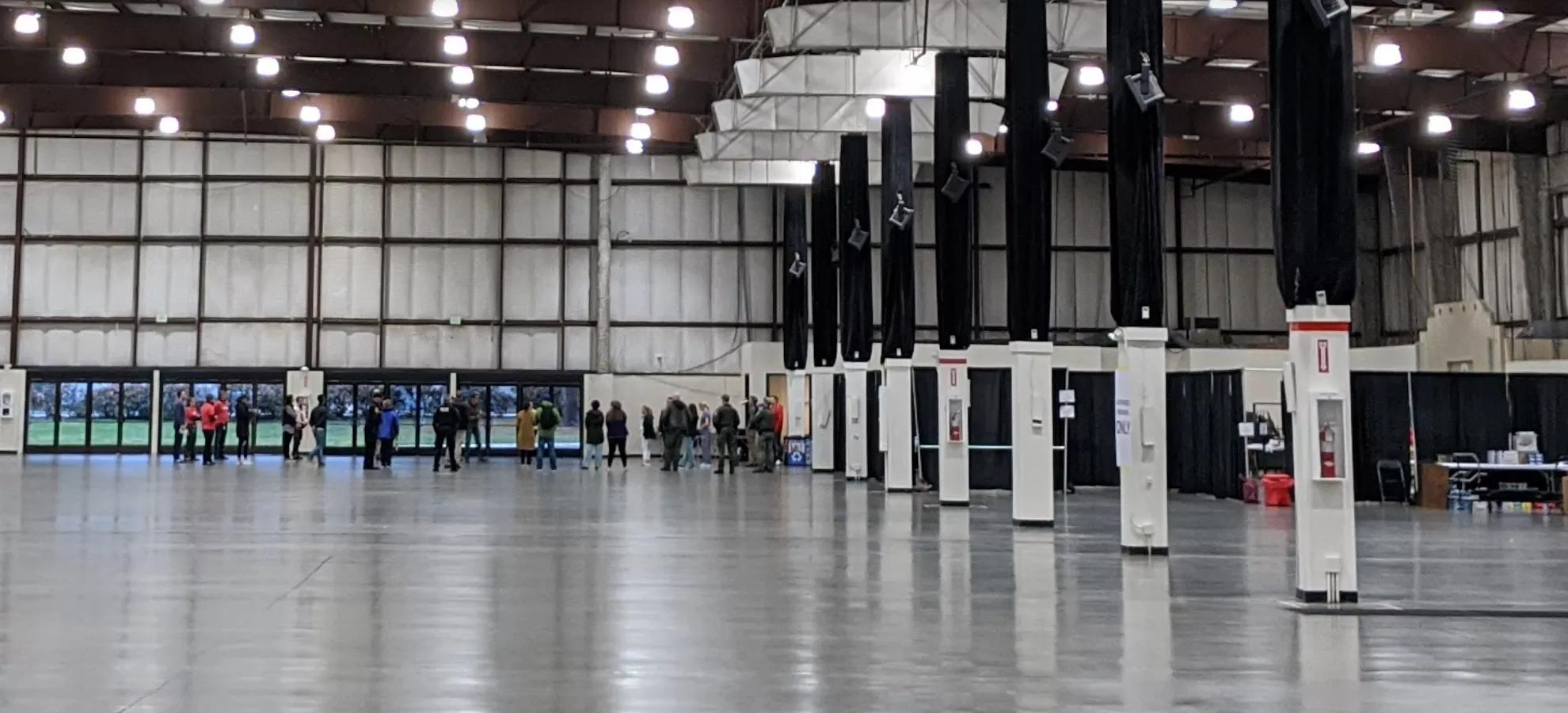The Project Baseline COVID-19 Program: Responding to a health crisis
The Project Baseline COVID-19 Program: Responding to a health crisis
In the early days of this pandemic, Verily - like so many around the world - watched with great concern as COVID-19 took hold in Asia. As the virus spread across the globe, it was clear that COVID-19 was overwhelming countries, regardless of preparedness. As a group of scientists, clinicians, and engineers, we began to contemplate what we could do to support a critical public health crisis.
In conversation with federal, state, and county agencies, we heard about the primary roadblocks to respond, including scalable risk screening, testing capacity, and concerns of an overburdened healthcare system whose focus needed to be treating severe cases. Of immediate concern was the ability to triage individuals at high risk of exposure and high morbidity.
We were asked by the agencies to contribute in any way we could, and our team at Verily moved with great urgency to develop The Baseline COVID-19 Pilot Program in response. We needed a system that enabled authorized collection and secure storage of health information, and so we employed the existing Project Baseline platform, which is purpose-built for this use. This enabled us to move rapidly to construct a dynamic screening tool, which could scale over time. For the pilot, we have worked in partnership with public health agencies, the California Governor’s office, and the California Department of Public Health. The goal was to identify people, starting in the Bay Area, who were at high risk for COVID-19 but did not require immediate medical attention. The screener can change responsively based on epidemiological data and direction from the government on the populations of greatest concern.
However, screening on its own is not enough in the current environment, and we have worked in conjunction with state and local officials to secure and stand up collection sites for testing and to close the loop on scheduling through the Baseline platform. At the screening sites, qualified healthcare professionals from our partners can collect samples from those deemed high risk, with results returned back to the individual.
Our pilot program launched on Monday with considerable effort by an extraordinary group of Verily, Google, and Alphabet volunteers working with our testing partners and state and local authorities. Three drive-through collection sites were established in a matter of days: one in San Mateo County and two in Santa Clara County. We are actively filling the testing appointments and are ramping up to increase capacity. These onsite efforts have been developed by Verily team members with experience in rapid response, laboratory management, and field operations. We are already working with the government to identify new site locations and to develop site playbooks in order to expand these services to more members of the community in the coming weeks and months.

Verily and Alphabet volunteers with local and county authorities at a site meeting in San Mateo.
At the heart of everything that we do at Verily is a strong commitment to the privacy and security of our users and their data. We recognize that health data is precious, and we are unwilling to sacrifice protections that safeguard people’s privacy, no matter how quickly we need to move.
At Verily, we comply with all applicable federal and state laws and regulations that govern data privacy and security, including, for example, the California Consumer Privacy Act (CCPA). The data we are collecting for this Baseline COVID-19 testing program is stored in advanced systems with security and privacy protocols. Data privacy and security is an expansive topic, and we have included several frequently asked questions regarding our own policies below.
At Verily, we aim to make health data useful so people can live healthier lives and in a time of public health crisis, we are proud to be doing our part to increase our collective capacity to respond.
FREQUENTLY ASKED QUESTION
Why does the program require consent/authorization?
Authorization is required to collect, use and share information and must be provided before screening begins. The services the Baseline COVID-19 Program is providing inherently require the limited and responsible sharing of information with other groups. For example, we need to share this information with companies that are performing the testing onsite or laboratories that are running the test. This sharing is fundamental to the coordination of services to make sure the right tests are done for the right people and the results are returned only to appropriate people.
What are you collecting and who has access to the information I provide?
The information we are collecting for this program includes basic contact and scheduling information that will be used for the purposes of supporting testing of individuals. Verily personnel and volunteers who need to contact you regarding testing will have access to such data only for these purposes. Verily will also have access to your signed COVID-19 authorization form and survey responses, and may have access to your test results. The information you choose to provide during the screening process or testing process may also be shared with the healthcare professionals at the specimen collection sites, the clinical laboratory that processes specimens, the California Department of Public Health, and potentially other federal, state, and local health authorities, as requested or mandated for public health purposes.
Why do I need to link to a Google Account?
We’re asking you to either link to an existing Google Account or create a new Google Account (which can be done with any email address) for authentication purposes, and to contact you during the screening and testing process, or to put you on a waitlist so that we can contact you when more appointments become available. Verily is a separate company from Google, and we use Google’s infrastructure to ensure safe encryption and protection of health information.
Does authorizing data collection for COVID-19 screening program give Verily consent to link my data to my Google Account?
No, authenticating your account and authorizing us to use service providers does not authorize us to link your data with Google account data. We do not combine this data with an individual's Google account, and were we to ever wish to do so, individuals would need to provide separate and explicit consent.
How are you protecting my data?
We are compliant with the California Consumer Privacy Act and comply with all applicable data privacy and security regulations. We are committed to maintaining high privacy standards and keeping your data safe. Project Baseline by Verily follows federal and state regulations governing the collection and use of an individual’s data. The information provided will be stored in a secure, encrypted database. An individual’s data collected by Verily through the testing program will never be joined with their data stored in Google products without their explicit permission.
